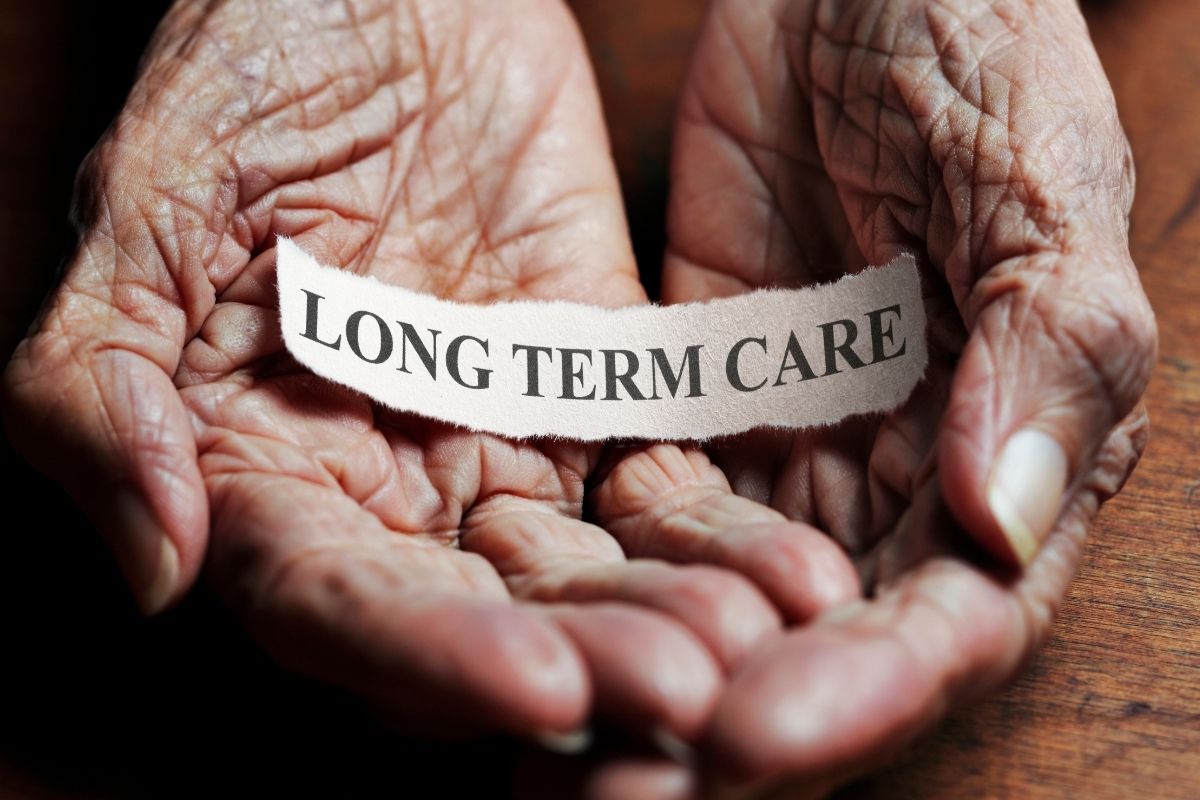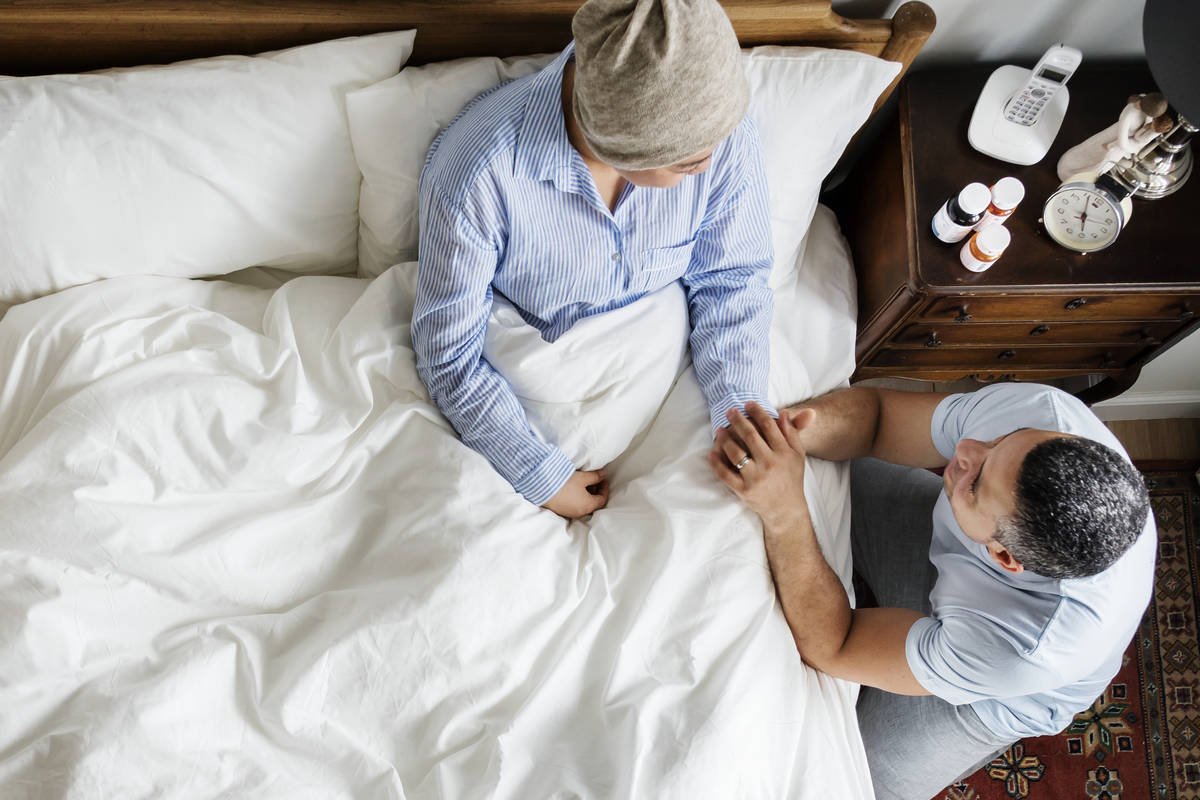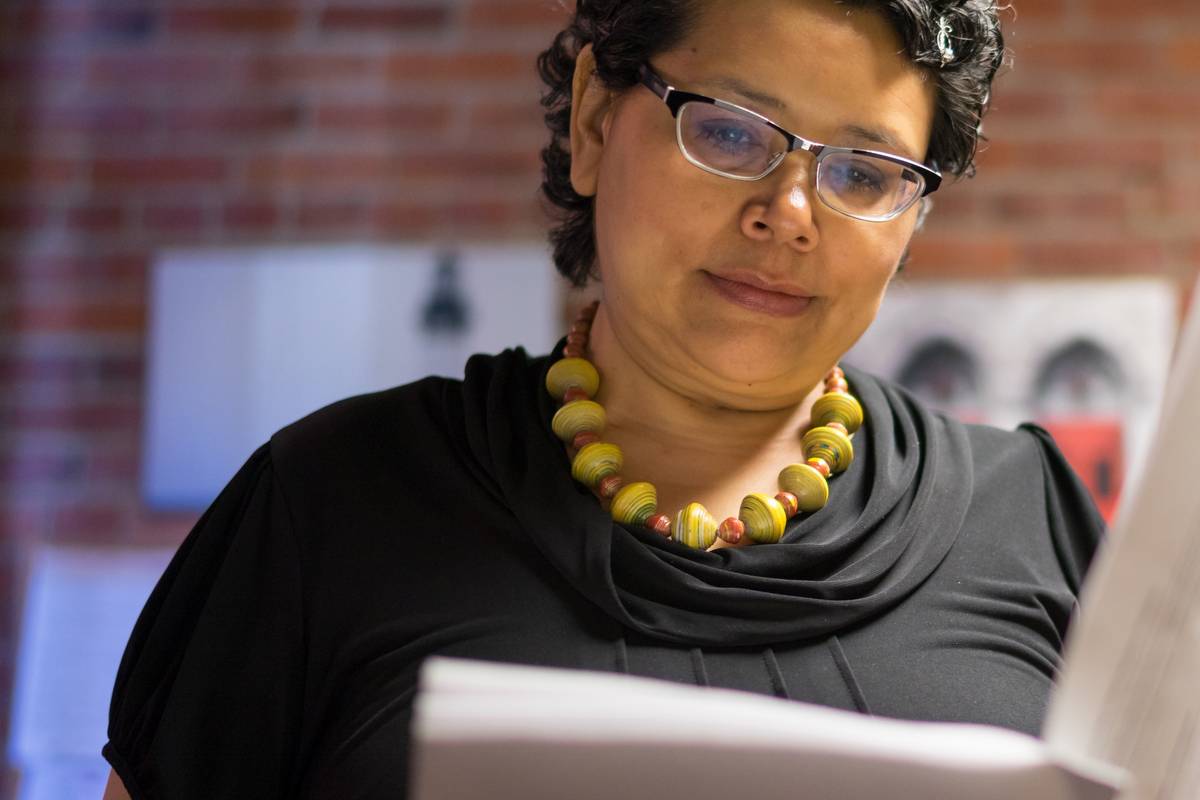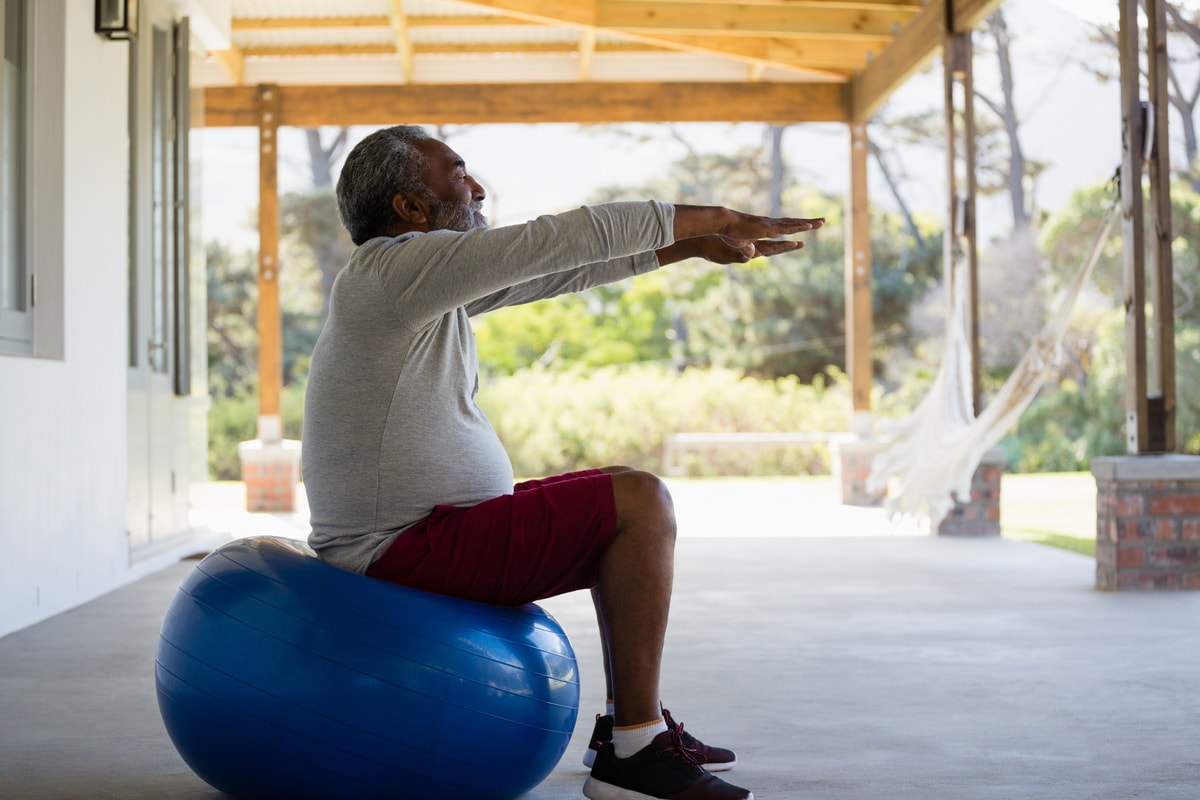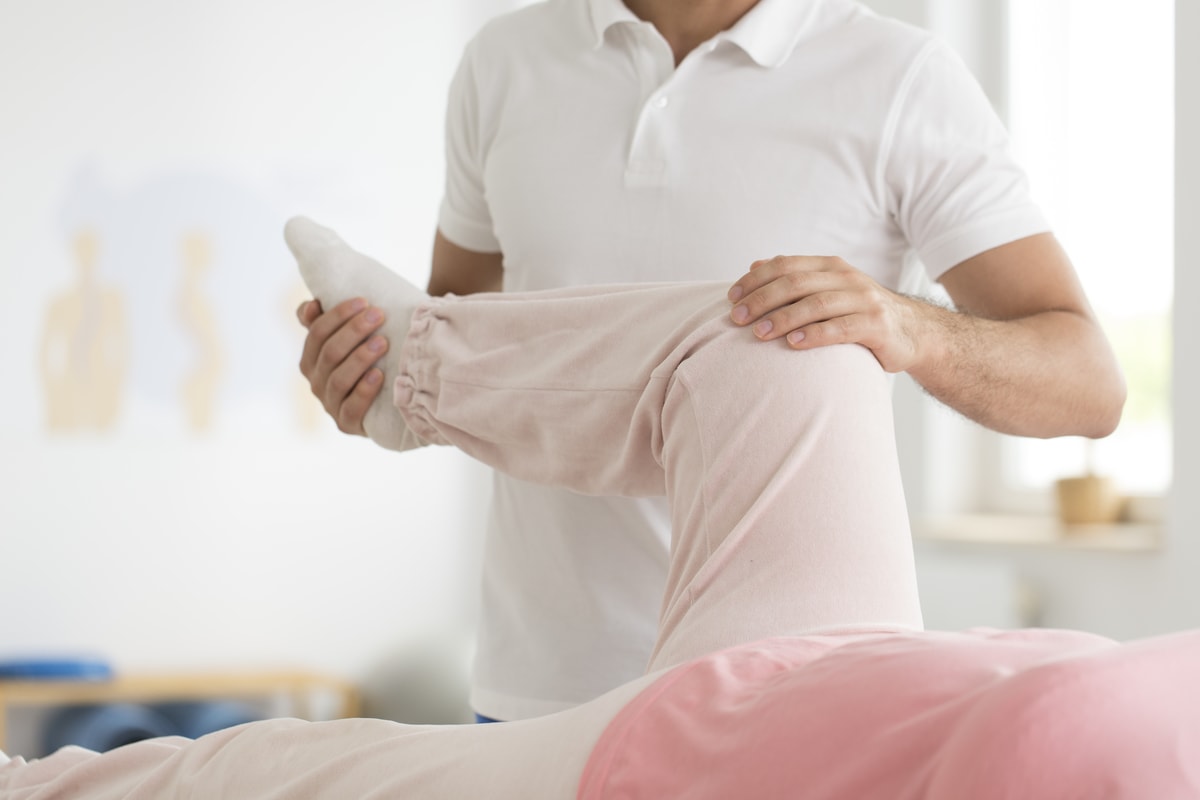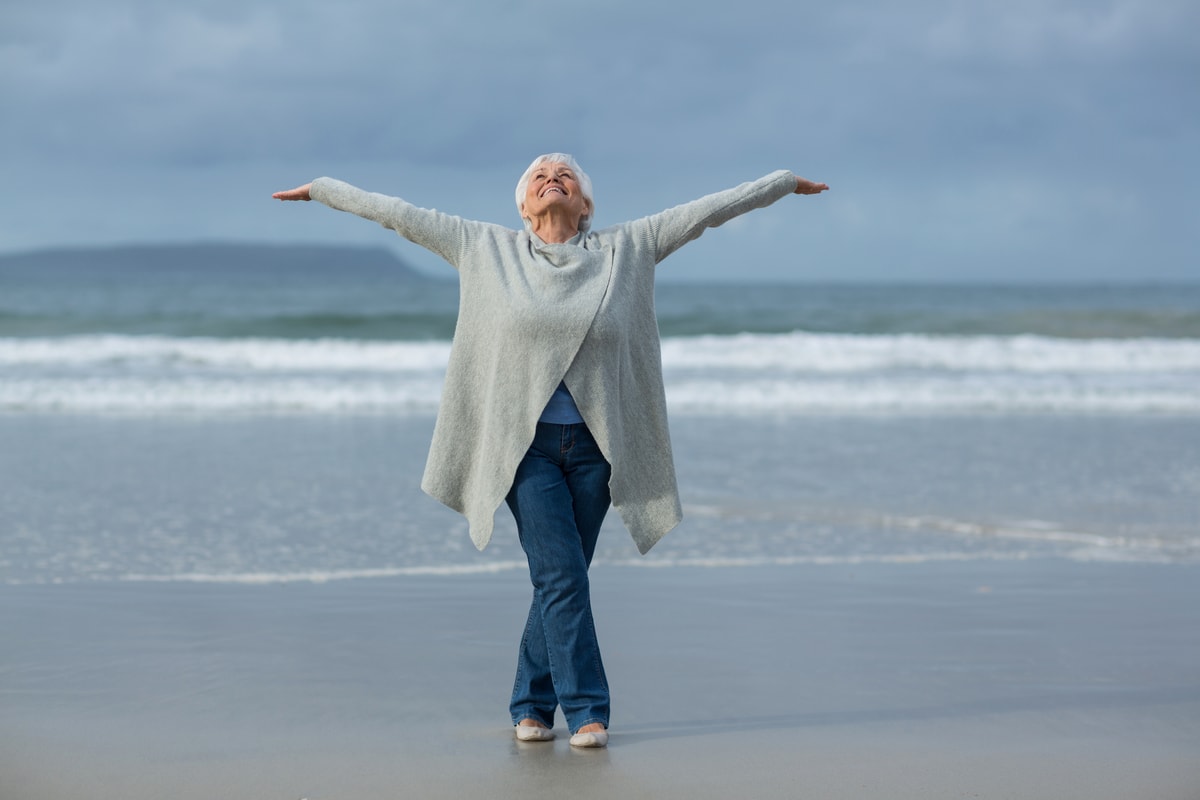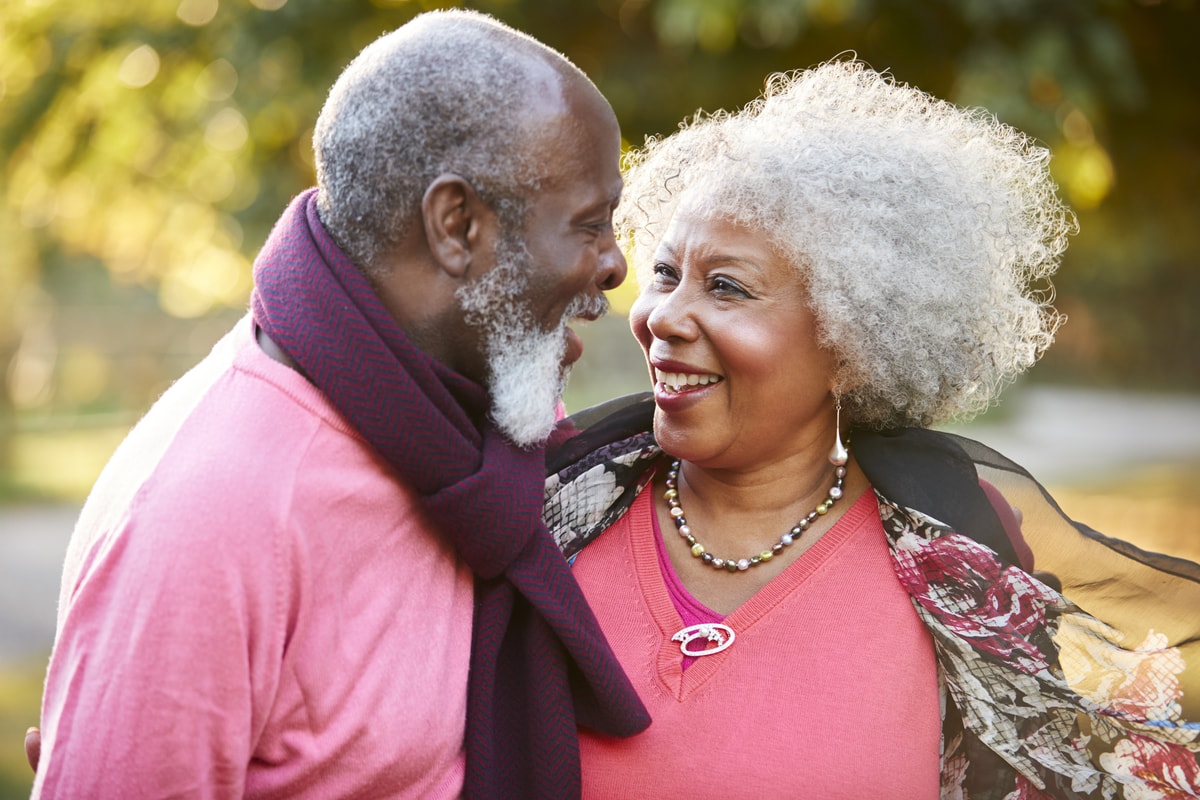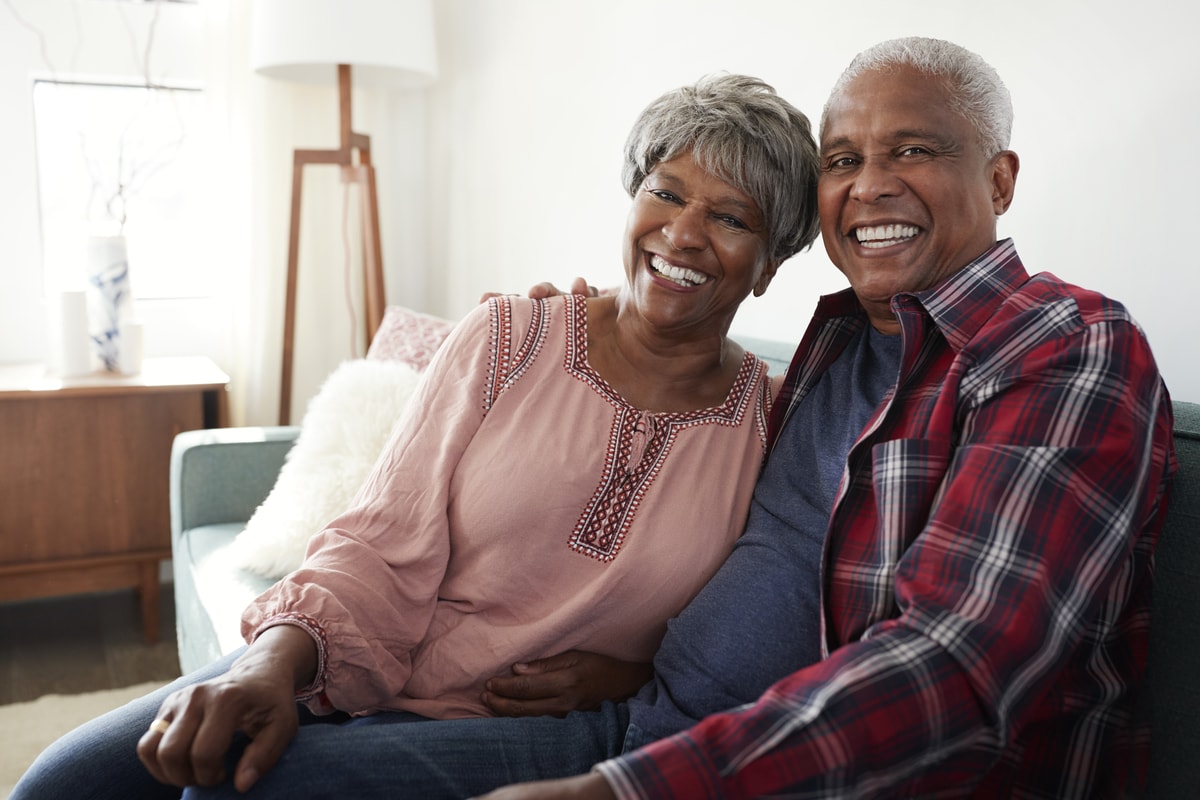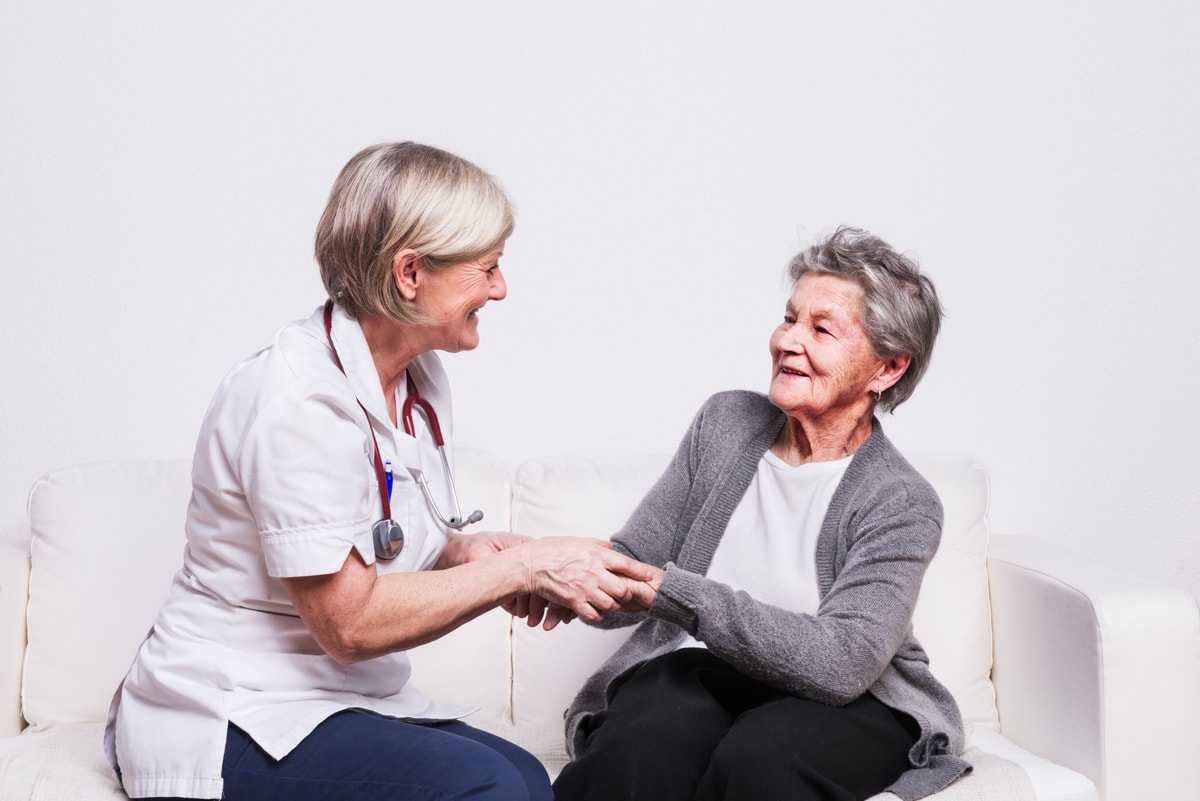When it comes to the subject of COVID-19 vaccines, there are plenty of mistruths, and even some bald-faced lies. If you don’t invest your time learning about the vaccines used to combat the coronavirus, you will end up underinformed or misinformed. It is time to separate fact from fiction.
COVID-19 Vaccines Are Worthy of Your Trust
There is a common misconception that vaccines developed to stop the spread of coronavirus are unsafe as they were rushed. Though the global scientific community certainly ramped up their efforts to develop vaccines as quickly as possible, this does not mean the end results are in any way unsafe. The bottom line is the world’s top scientists did not take shortcuts when developing coronavirus vaccines.
Though this is the first time messenger RNA or MRNA for short, is being used for a vaccine the general public will receive, this strategy has been carefully developed across the prior three decades with patient safety squarely in mind. So don’t believe those who insist the rush to create vaccines makes them inherently unsafe.
Those Who Have Already Contracted the Virus Should Still Take the Vaccine
It is quite possible natural immunity to the virus lasts a couple of weeks, a full month, several months, or even longer. However, our top scientists are unsure as to exactly how long natural immunity lasts. Sadly, it appears as though it is becoming increasingly common for people to contract the virus several times over. Medical experts in Philadelphia and beyond insist even those who have contracted the virus should still receive the vaccine to ensure they are fully protected.
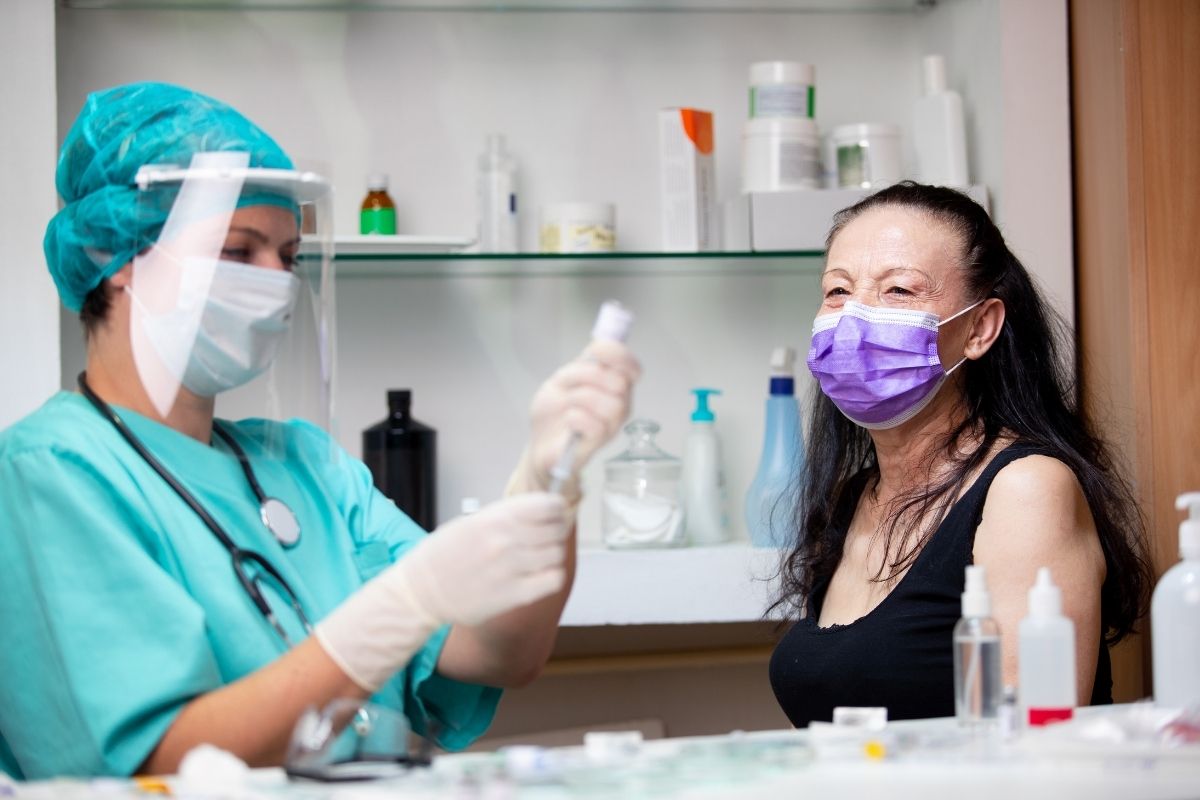
Masks and Social Distancing Must Continue After Receiving the Vaccine
One of the most pervasive myths about the vaccines being dispersed across the world is their implementation eliminates the need to continue social distancing and mask-wearing. The medical community is adamant that everyone who receives the vaccine should continue wearing a mask, practicing social distancing, washing their hands with regularity, and proceeding with caution.
Receiving the initial vaccine shot does not immediately make someone immune to coronavirus. It takes upwards of an entire week to 10 days for the human body to start developing antibodies. These antibodies gradually increase across the weeks to come, meaning masks and social distancing will be the norm in Philadelphia and elsewhere until herd immunity is achieved through the widespread dispersal of the vaccine.
Comprehensive Expert Reviews Indicate the Vaccines Are Safe
Though the Russian vaccine administered to its populace did not undergo a thorough review to ensure safety and efficacy, the vaccines provided to those in the United States have undergone comprehensive analysis. The experts who have studied these vaccines insist they are completely safe. As an example, nearly 44,000 people enrolled in Pfizer’s clinical vaccine trial. The results of the trial were studied in-depth by medical experts who concluded the Pfizer vaccine is safe.

AmeriBest Home Care Philadelphia Is Here to Help During This Trying Time
Do you have a family member or friend in the greater Philadelphia area who could benefit from home care assistance? AmeriBest Home Care is available to help your loved one or friend enjoy a dignified and comfortable life. Reach out to AmeriBest Home Care today at (215) 925-3313 to learn more about our services and coordinate home care.





